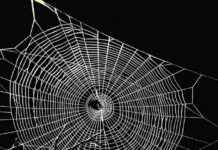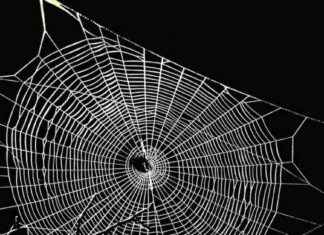The association focuses on two “particularly” sensitive cases and the “particularly serious situation of total impunity”
MADRID, 17 Oct. (EUROPA PRESS) –
The association Dignity and Justice (DyJ) has asked the National Court (AN) to give a “procedural boost” to the cases in which the leadership of the terrorist organization ETA is being investigated for its possible involvement in the murder of Judge Francisco Querol and in the attack perpetrated by the gang in 2003 in the Navarran city of Sangüesa.
In two separate letters, to which Europa Press has had access, the association addresses the magistrates Santiago Pedraz and Alejandro Abascal, respectively in charge of the aforementioned procedures. Specifically, DyJ asks them to require the National Police and Civil Guard to deliver the reports that were entrusted to them.
In the case of the murder of the magistrate, perpetrated on October 30, 2000 in Madrid through the use of a car bomb, the association requires the head of the Central Court of Instruction Number 5 to take into account what they consider a case “particularly sensitive in which the four fatal victims and their families have been left in a particularly serious situation of total impunity sustained for more than 20 years”.
DyJ’s intention is for Judge Pedraz to insist that the investigators send him two separate reports on “the name-to-name composition of the entire command structure of ETA, intermediate and superior of the ZUBA itself or the Executive Committee at the time of the events (…), specifying the different apparatuses in which each of the defendants was integrated” at that time.
It was last December when the magistrate requested from both bodies the aforementioned documents related to the murder of Judge Querol, an attack in which his driver, Armando Medina, also lost his life; the national police officer Jesús Escudero, and an EMT driver named Jesús Sánchez. Another 30 people were injured.
In the case of the Sangüesa attack, in which two National Police officers were killed, the association urges the person in charge of the Central Court of Instruction Number 1 to request the reports that he himself required on June 20.
DyJ, aware of “the great workload and commendable effort on the part” of the National Police and the Civil Guard, also draws attention to a case in which there is no “convicted to date”. “Neither as a material author nor as an indirect author, nor in any other term after all this long time,” he laments.
Last April, Judge Abascal admitted DyJ’s complaint against the members of the Executive Committee or ZUBA of the gang at the time of the attack. “The ZUBA, that is, the eight defendants who held command of him throughout that period, sought to create a state of total terror, not knowing where the next attack was going to come from,” the magistrate said then.
In the magistrate’s opinion, the sequence of attacks that began on May 30, 2003 with the events in Sangüesa “was nothing more than the beginning of a terrorist ‘offensive’, of a strategic shift, clearly different from the previous months or year and that plagued the Spanish geography with devices full of such explosive, with a total of 18 bomb attacks counting only until December 26 of that year”.








